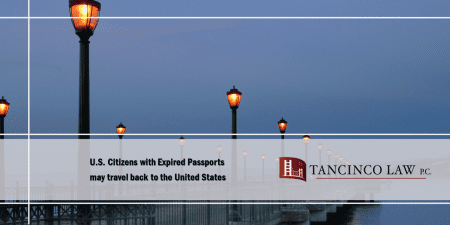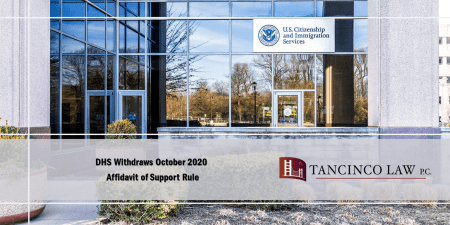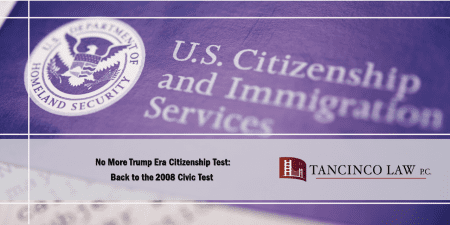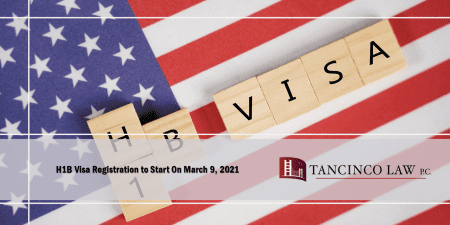In the past administration, a significant number of non-citizens were apprehensive about filing applications for naturalization because of restrictive immigration policies. Even naturalized U.S. citizens were threatened with de-naturalization or having their U.S. citizenship taken away from them through a Trump denaturalization program that was then established within the U.S. Citizenship and Immigration Services.
In a 180 degree change of direction the current Biden-Harris Administration is determined to promote naturalization among those eligible to file for naturalization and become U.S. citizens. It has taken steps to eliminate barriers to citizenship and restore faith in our nation’s legal immigration system.
On July 2, 2021, the USCIS released its Interagency Strategy for Promoting Naturalization to promote naturalization through citizenship education and awareness and by building capacity and expanding partnerships with government agencies and community based organizations.
As part of this interagency strategy, a Naturalization Working Group was established by the U.S. Department of Homeland Security (DHS), Education (ED), Health and Human Services (HHS), State (DOS), Labor (DOL), Housing and Urban Development (HUD), Defense (DOD), Justice (DOJ), Veterans Affairs (VA), Agriculture (USDA) and the Social Security Administration (SSA).
Naturalization Working Group goals include:
- Raising awareness of the importance of citizenship;
- Promoting civic integration and inclusion;
- Providing immigrants with opportunities and tools to become fully engaged citizens;
- Building community capacity to prepare immigrants for citizenship;
- Eliminating sources of fear and other barriers that prevent individuals from accessing available naturalization services; and
- Advancing and ensuring equity throughout the citizenship and naturalization processes, including on the basis of race, disability, language access, national origin, gender, gender identity and sexual orientation, and providing support to traditionally underserved communities.
This is a welcome development as a means of empowering the immigrants and restoring faith in the immigration system. While many will be encouraged to apply for naturalization as a result of this program, it will still be prudent for those with long immigration history to take diligent steps to get their cases assessed for any possible consequences of filing for U.S. citizenship. Examples are those with prior criminal convictions, undisclosed prior marriages, continuous interrupted physical presence among other issues, who must consult with their trusted professional legal counsel before proceeding to file citizenship.






